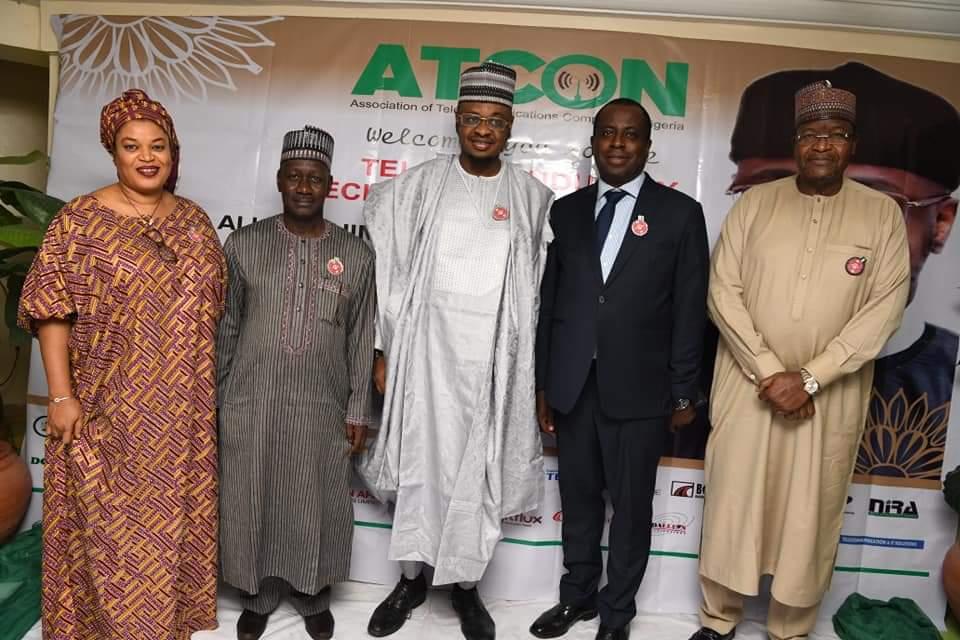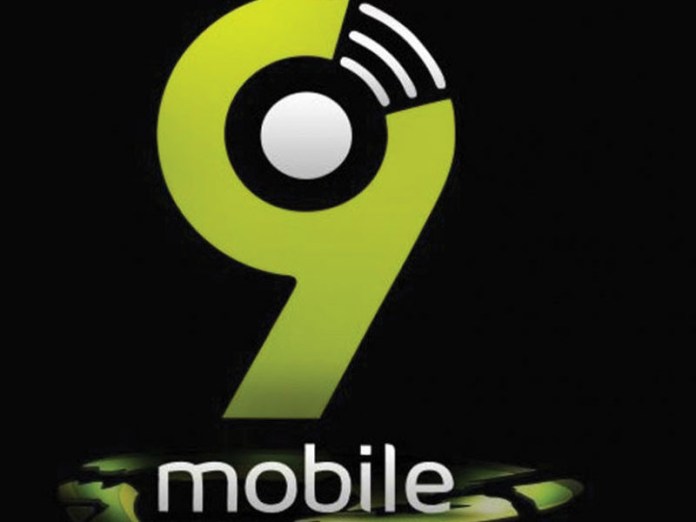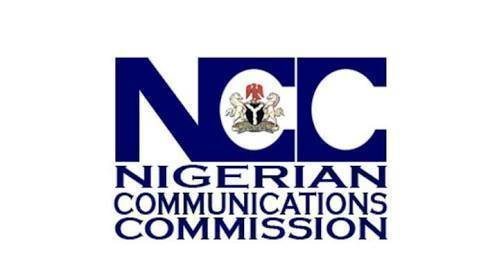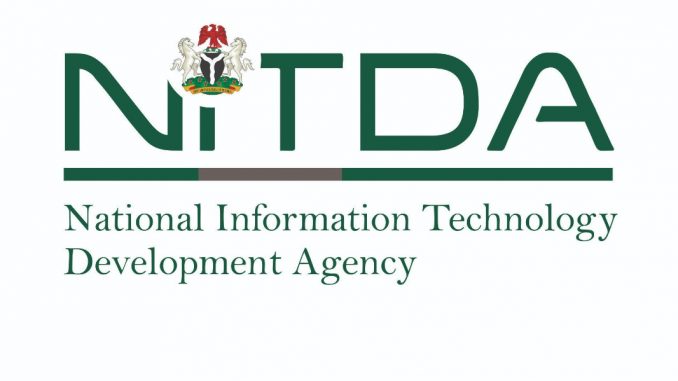Against the background of soaring cases of mistaken identity of SIM card users, President of the Association of Telecommunication Companies of Nigeria (ATCON), Mr Olusola Teniola has advocated for verification and cross matching of SIM registration details with credible national identity number (NIN).
He said after the registration process of subscribers, the data so generated should be further verified and validated against other records even before the new line would be activated.
In his views, “The problem we are facing now is that until we fully understood the parameters associated with SIM registration, the data being provided in the SIM registration database were not being verified and validated.”
Continuing in an interview, ATCON chief averred that “Without a process being followed by the agents of the MNOs capturing data and registering SIM cards, there is a possibility that the information isn’t being processed and therefore rejected by the SIM registration database.”
According to him, there still remains the fundamental need to validate the biometrics records on the National Identity System with the biometrics of subscribers taken during the SIM registration process in order to have a truly credible subscriber database.
He assured that only such rigorous step would not only frustrate criminal use of SIM cards, but guarantee the authenticity of every user as the rightful owner of the SIM card and also end cases of identity theft which criminals currently relies on.
Business Hilights recalls that last week, the Minister of Communications and Digital Economy, Dr Isa Pantami had announced that effective December 1, 2020, any SIM card that is cross-matched with the owner’s NIN shall be deactivated by the telecoms regulator, the Nigerian Communications Commission (NCC).
However, industry analysts who saw the directive as pertinent observed that the policy would not work effectively due to the poor capturing capacity of the National Identity Management Commission (NIMC), the agency in charge of giving out NIN.
Their argument is predicated on the fact that currently, NIMC cannot capture beyond more than five million people in a year whereas over 140m Nigerians are involved after all.









